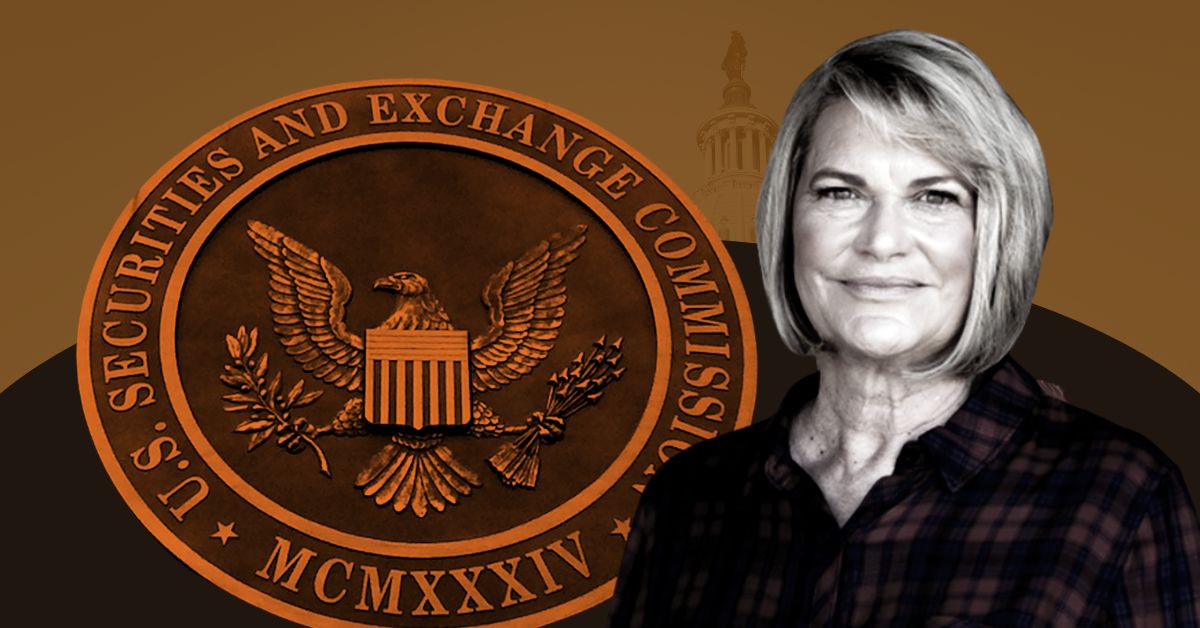US Senators Cynthia Lummis and Kirsten Gillibrand have introduced a bipartisan bill aimed at regulating stablecoins. This move highlights the increasing attention from policymakers toward digital currencies and their impact on the financial landscape.
With stablecoins gaining traction, the proposed legislation seeks to address regulatory gaps and ensure the stability of the US dollar while fostering innovation in the digital asset space.
Ban on Algorithmic Stablecoins
The proposed bill, introduced by Senators Lummis and Gillibrand, aims to establish clear guidelines for stablecoin issuers to operate within. One of the key provisions of the bill mandates Stablecoin issuers to maintain one-to-one reserves, ensuring that the value of stablecoins remains fully backed by assets held in reserve.
Additionally, the legislation prohibits the use of algorithmic stablecoins, which have raised concerns about their susceptibility to manipulation and volatility. By banning these types of stablecoins, policymakers aim to safeguard the integrity of the digital currency market and prevent market distortions.
Anti-Money Laundering Rules
Furthermore, The bill emphasizes strict adherence to US anti-money laundering and sanctions rules, reflecting a commitment to combating illicit activities in the digital currency space. This provision underscores the importance of maintaining regulatory compliance and preventing financial crimes.
While the proposed bill has garnered support from some quarters, it has also faced scrutiny and debate from various stakeholders.
Mixed Views From the Community
Supporters of the bill argue that its enactment is crucial for maintaining the dominance of the US dollar in the global financial system. By establishing clear guidelines, the legislation aims to instill confidence in the stability and integrity of digital transactions.
However, some concerns have been raised by stakeholders, including Banking Chairman Sherrod Brown and Senator Elizabeth Warren. They highlighted the need to ensure that the bill adequately addresses risks to the financial system and protects consumers from potential vulnerabilities.
Meanwhile, the introduction of this bipartisan bill reflects the growing recognition of the importance of regulating stablecoins in the evolving digital asset landscape
Credit: Source link
































